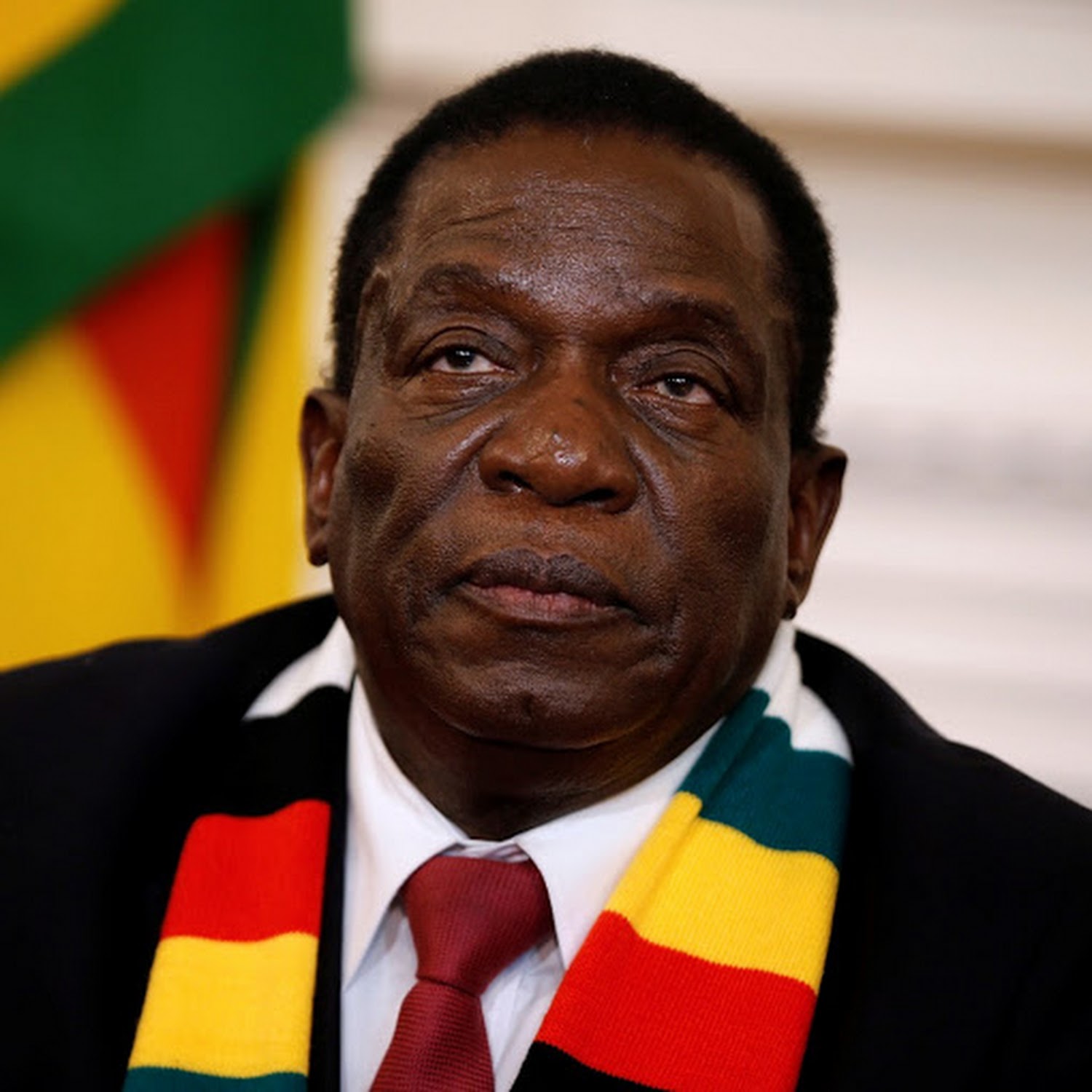By Nqobani Nyathi
On 1 March 2022, the Chief Secretary of the President and Cabinet announced that Mr Kumbirai Hodzi had resigned as Prosecutor-General (PG) “due to ill health requiring medical attention.” This rather unusual reason for resigning from public office in Zimbabwe may have raised some eyebrows and fears that he may have been pushed out.
Ordinarily, there are constitutional safeguards that make it cumbersome to remove a PG from office.
A PG may only be removed for inability to perform duties because of mental and physical incapacity, gross incompetence or serious misconduct.
If the President considers that the question of removing a PG from office for the reasons above ought to be investigated, they must appoint a tribunal to enquire into the matter, which then must make its findings and recommendations to the President on whether or not a PG should be removed from office.
A PG holds a critical position in Zimbabwe. As the head of the National Prosecuting Authority (NPA), an institution responsible for instituting and undertaking criminal proceedings on behalf of the State, the Constitution requires that the PG must be independent and not subject to the direction and control of anyone. Additionally, a PG must exercise their functions without fear, favour, prejudice or bias.
Because of the importance of the PG in a democracy, there is a need to safeguard their independence and the institution that they lead, the NPA.
The PG must be an independent actor and be free from political interference. It is this independence that ensures that justice is served, irrespective of the perpetrator’s social status, political affiliation, or economic status.
The PG’s role is vital in upholding the rule of law and ensuring that justice is served in the country. Without a PG, perpetrators of human rights violations, including those committed by the State, are unlikely to be held accountable.
The importance of the office is indicated by the changes that were brought by the 2013 Constitution. The Constitution split it from the office of the Attorney-General, who also doubled as the government’s Chief Legal Advisor then.
The Constitution also provided for an appointment procedure that was aimed at safeguarding its independence. A PG, like a Judge, was supposed to be appointed in a process that included a call for nominations, public interviews and selection by the Judicial Service Commission (JSC).
With the regressive constitutional amendments, this has changed now. As a result of the 2021 second constitutional amendment, instead of the public interview process which to a great degree safeguarded independence, a PG is now appointed by the President on the advice of the JSC.
Hodzi had been appointed on 23 January 2019 by Mnangagwa in a manner that cast a shadow on the process. In this way, he was a beneficiary of an obscure process. He replaced Mr Ray Goba, who resigned on 8 August 2018 while suspended and awaiting to appear before a tribunal to ascertain his fitness to hold office. Goba replaced the now Ambassador Mr Johannes Tomana in September 2017. Tomana had been removed from Office by Robert Mugabe in June 2017.
There has been a lack of stability in the office. Ever since unconstitutionally overthrowing Mugabe in November 2017, two PGs have resigned under Mnangagwa.
Despite giving himself so much power in appointing a PG, Mnangagwa has failed to appoint a PG. It is now a full year since Hodzi resigned. The vacancy in this critical position has left a gaping hole in the country’s justice system.
Mnangagwa’s failure to appoint a Prosecutor General undermines the rule of law and promotes a culture of impunity, which can have significant consequences for Zimbabwe’s democracy. As is apparent, constitutionalism and democratic principles are in decline.
The absence of a PG also limits the States’ ability to prosecute cases, including those that are complex and involve corruption, effectively. Mnangagwa’s anti-corruption rhetoric sounds hollow under the circumstances.
In a country tarnished by a prolonged history of human rights violations, including extrajudicial killings, torture, and arbitrary arrests, among others, the failure to appoint a PG, especially with elections looming, Furthermore, the failure to appoint a Prosecutor General sends a message that the President is not serious about upholding the rule of law or protecting human rights. This message is not lost on the people of Zimbabwe, who are increasingly losing faith in their government’s ability to protect them and their rights.
A PG is a key pillar of democracy and the rule of law, which requires a well-functioning justice system. A justice system that lacks a PG is not only inefficient but also susceptible to political interference. This interference can lead to selective prosecution, where those who are politically connected can avoid facing justice.
In conclusion, the President should, therefore, uphold his constitutional duties and appoint a qualified person who can work independently and impartially. Failure to do so has disastrous consequences for democracy, accountability, and human rights in the country.

